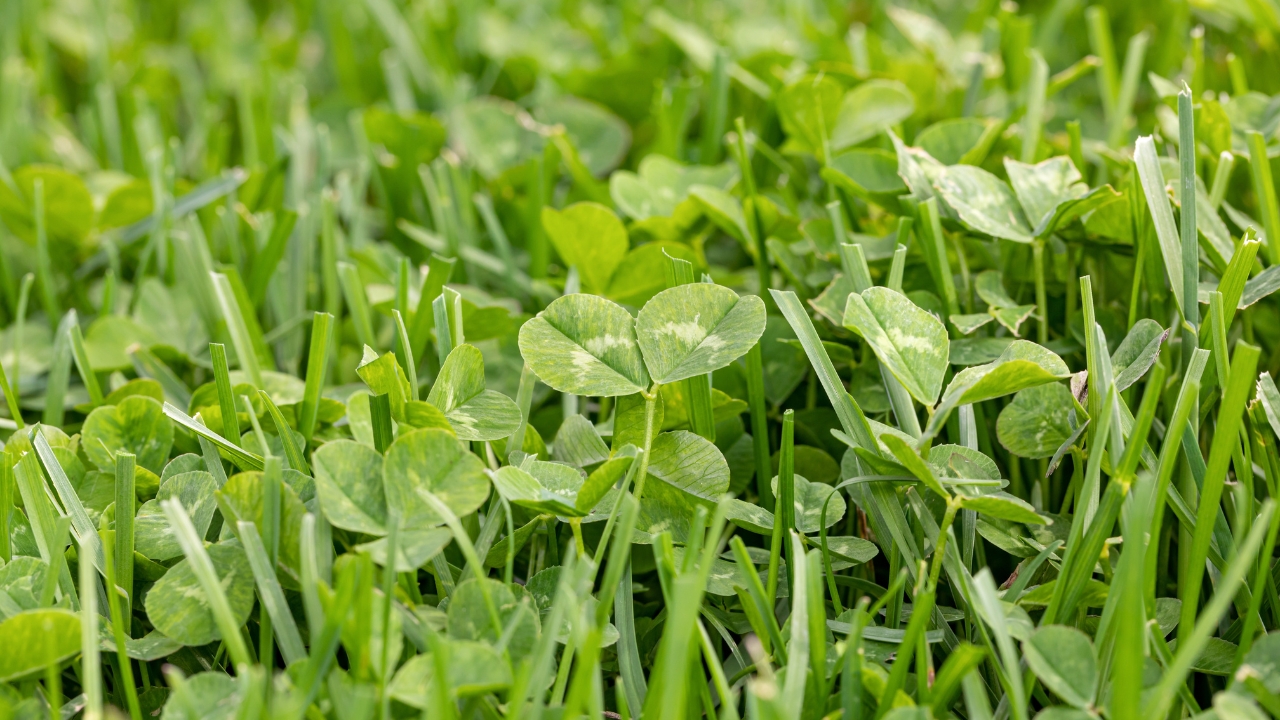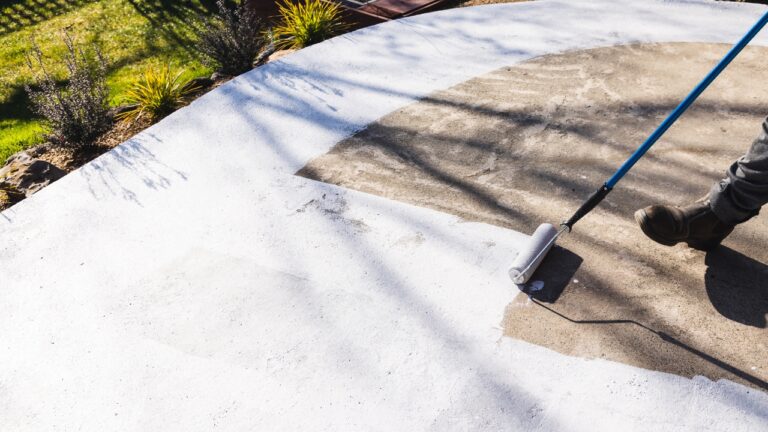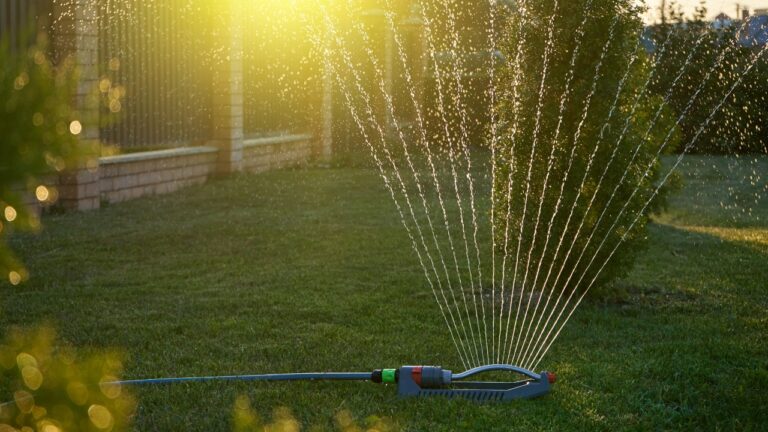10 Weeds That Will Ruin Your Yard by August
When summer hits full swing, weeds don’t slow down—they speed up. If you’re not careful, the wrong ones can take over and leave your yard looking rough by August. And the worst part is a lot of these weeds don’t look that bad at first. But they spread fast, hog resources, and choke out your grass and garden if you give them the chance.
Here are the ones you need to watch for—and deal with early.
Nutsedge
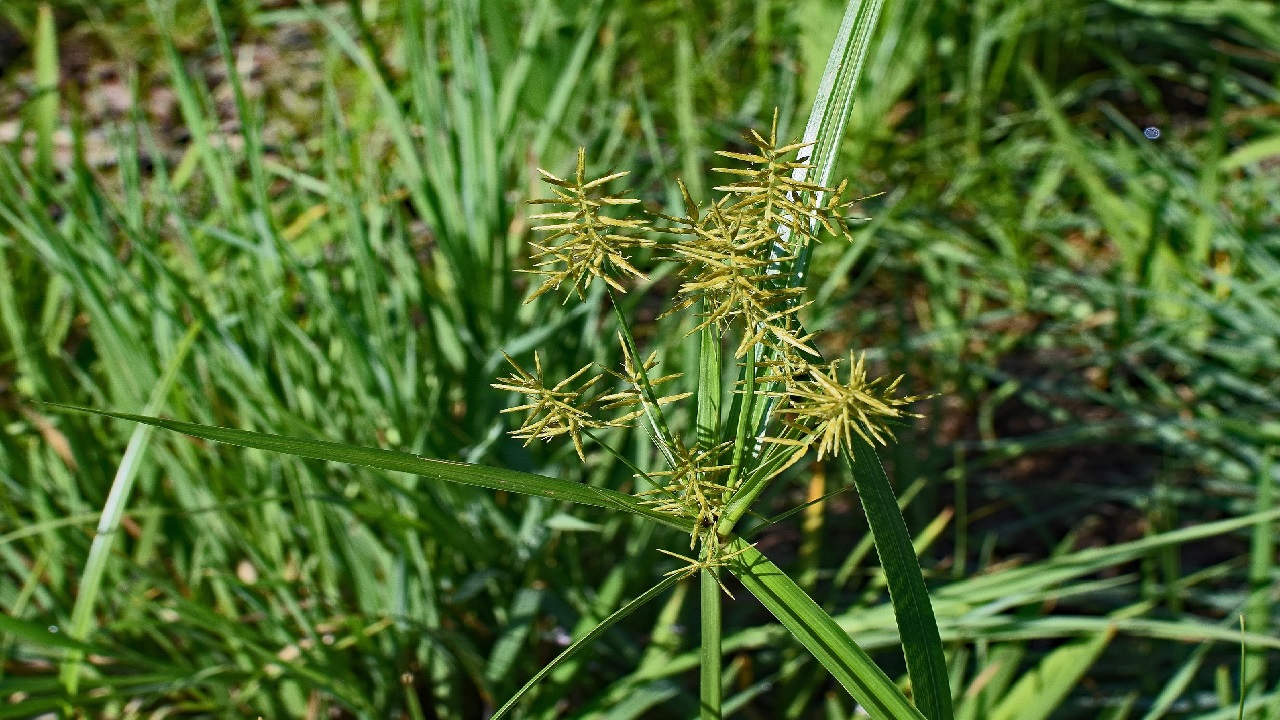
This one looks like grass, but it grows faster, stands taller, and spreads like wildfire. Nutsedge thrives in wet areas and will keep popping up no matter how often you mow.
It spreads underground through tubers, so pulling it won’t cut it. You need to hit it with a targeted herbicide before it gets too established or you’ll be chasing it around all summer.
Crabgrass
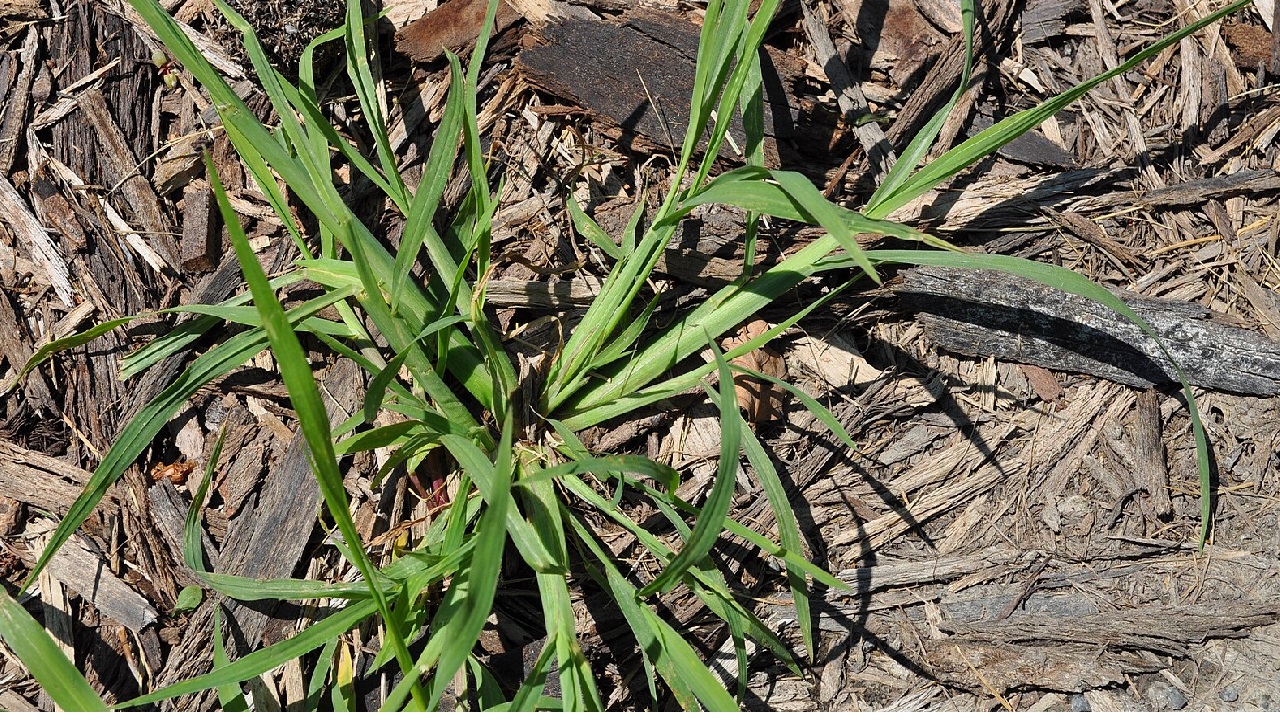
Crabgrass shows up when your lawn is thin, patchy, or stressed. Once it gets going, it spreads out in clumps and takes over bare spots like it owns the place.
It drops seeds like crazy, so if you don’t catch it early, you’ll be fighting it next season too. Pre-emergent in the spring helps, but if you missed it, spot treat and keep your lawn thick and healthy to crowd it out.
Spurge

Spurge grows low to the ground with reddish stems and small leaves. It loves hot weather and cracks in the driveway or sidewalk—anywhere your lawn can’t crowd it out.
This weed spreads fast and can produce thousands of seeds from one plant. Pull it when the ground’s moist or use a post-emergent that targets broadleaf weeds without nuking your lawn.
Creeping Charlie

Also called ground ivy, Creeping Charlie hugs the ground and spreads through runners. It thrives in shady, damp spots where grass tends to struggle.
This one’s tough to kill. Pulling helps a little, but you’ll need a broadleaf herbicide and a couple of treatments to really get ahead of it. Fixing drainage and thinning trees can help too.
Dandelions

Dandelions might not seem like a huge problem, but they dig in deep and spread fast if you don’t take them seriously. That fluffy seed head can travel far and wide on a breeze.
The key is to get the whole taproot out. If you don’t, it’ll grow back stronger. Spot spraying early helps, and keeping your lawn thick is your best defense long-term.
Bindweed
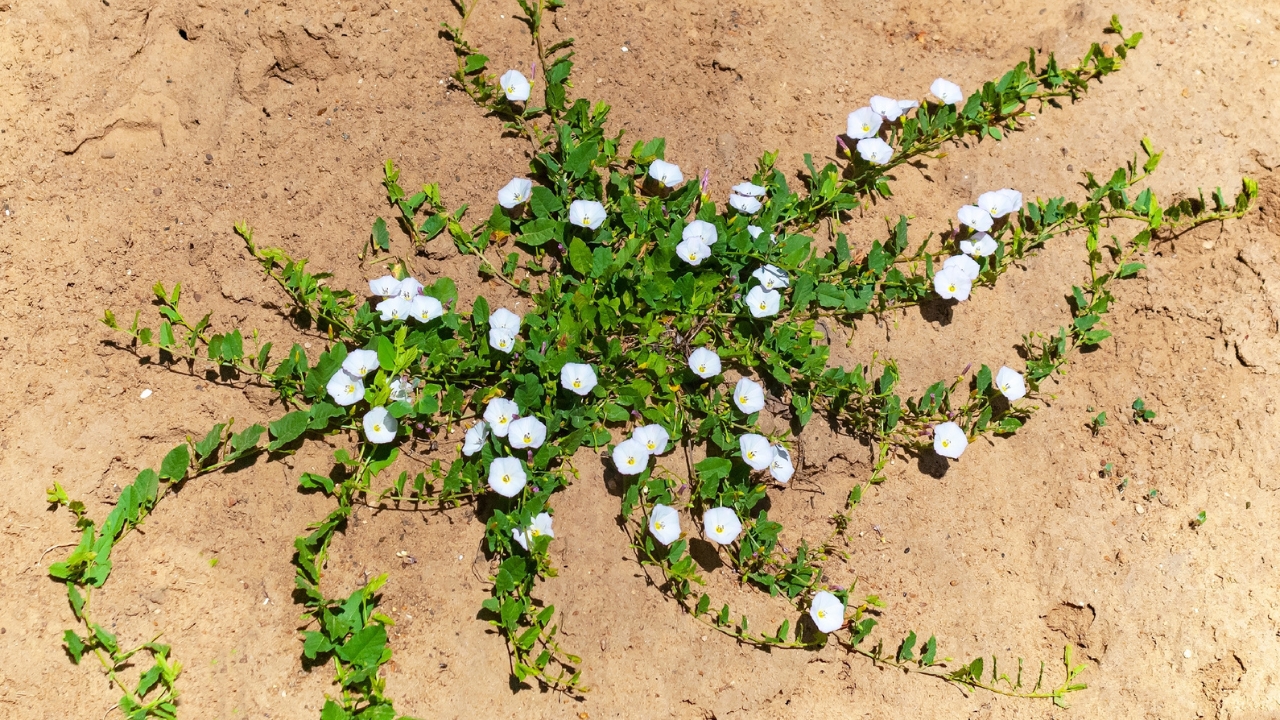
Bindweed is a fast-growing vine that wraps itself around anything nearby. It smothers flowers, vegetables, and even small shrubs if you don’t pull it early.
It has deep roots and spreads underground, so digging it out isn’t always enough. Repeated spot treatments or smothering it with mulch can slow it down, but it takes persistence.
Clover

Clover fills in thin areas fast and can make your whole lawn look patchy if it spreads too far. It’s especially common in underfed lawns where nitrogen levels are low.
If you want to get rid of it, feed your lawn, mow high, and apply a broadleaf herbicide. Some people don’t mind it, but if you’re aiming for clean turf, it needs to go.
Foxtail

Foxtail is a tall, coarse grass with seed heads that look like bottlebrushes. It pops up in bare spots and along fence lines, and it spreads quickly in hot, dry weather.
Besides being ugly, those seed heads can hurt pets if they get stuck in paws or fur. Mow before it seeds and spot treat with a grassy weed killer if it’s gotten out of hand.
Thistle

Thistles aren’t just ugly—they’re spiky and painful to deal with. Birds and wind spread the seeds, and once thistle takes hold, it’s hard to get rid of.
Digging it out can work if you get the whole root. Herbicide is another option, especially for larger patches. Don’t let it flower or you’ll be stuck with a bigger mess next season.
Chickweed

Chickweed shows up early and keeps growing into summer, especially in shaded or damp spots. It forms a thick mat and competes hard with your grass and flowers.
It might seem harmless at first, but it drops seeds quickly and grows back just as fast. Pull it up before it seeds, and keep the area well-drained and maintained to discourage regrowth.
*This article was developed with AI-powered tools and has been carefully reviewed by our editors.

